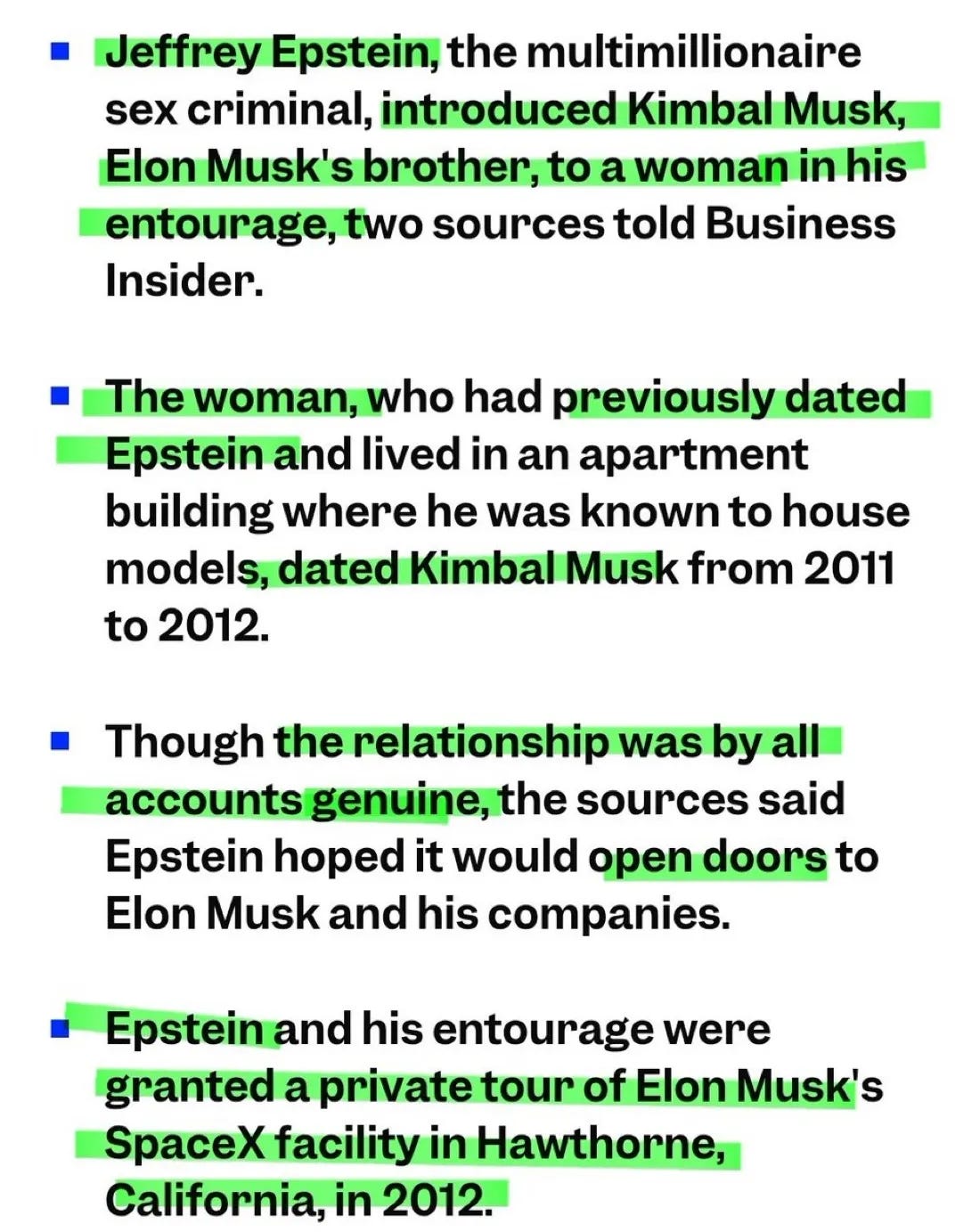We Should Set Our Phones on Fire: The New Surveillance State run by Palantir
How Peter Thiel's surveillance empire uses Palestinian blood to test the algorithms coming for America
The theater is perfect, isn't it? Elon Musk stumbles off stage, his Twitter tantrums finally too much even for Trump's circus. The headlines scream about DOGE's demise, efficiency experts packing their briefcases. The audience exhales—crisis averted, democracy saved. Meanwhile, in the wings, Peter Thiel adjusts his tie and steps into the spotlight nobody's watching.
This is how empire evolves. Not with the crude spectacle of jackboots and broken glass, but with the quiet hum of servers processing your data, algorithms learning your patterns, machines deciding your fate. While America debated the theater of Musk's buffoonery, Trump handed the real power to someone infinitely more dangerous: the architect of Palantir Technologies, a company that doesn't just surveil—it colonizes.
The Bureaucratic Coup You Missed
Executive Order 14243 landed in March with all the fanfare of a tax code amendment. The language is bureaucratic poetry—"unfettered access," "data sharing protocols," "interagency cooperation." Translation: every federal agency must now surrender its data treasures to whoever Trump's appointees deem worthy. The IRS, Social Security, Homeland Security, Health and Human Services—all of it flows into one digital reservoir.
But here's where the colonialism gets clever. The order doesn't just demand federal data—it reaches its tentacles into any state program that accepts federal funding. And since federal money flows everywhere, this means everywhere becomes a data extraction site. Your Medicaid records managed by Centene? Available. Your unemployment claim processed by ID.me? Accessible. Your child's special education plan tracked by PowerSchool? Fair game.
Think about what this means in practice. If you've ever applied for food stamps, your household composition is now data. Used Medicaid? Your mental health diagnoses become algorithmic inputs. Received unemployment benefits? Your employment history joins the digital dossier. Sent your kid to public school? Their disciplinary records, test scores, and disability accommodations are now government property.
The genius is in the indirection. They're not kicking down doors to steal your medical records—they're simply redefining the terms of engagement with your own government. Need help? Pay the data tax. Want services? Surrender your privacy. It's extraction disguised as efficiency.
Blood Money and Surveillance Capital
Palantir didn't emerge from some Stanford dorm room fever dream. It was born in the bowels of the national security state, midwifed by the CIA's venture arm In-Q-Tel with a $2 million investment in 2004. The entire premise was criminal from conception: help the intelligence community do what the law prohibited them from doing directly. Outsource the Constitution-shredding to a private company, then purchase the results with taxpayer money.
But the CIA money was just the appetizer. The main course came in 2005, when Jeffrey Epstein—yes, that Jeffrey Epstein—funneled $40 million into Peter Thiel's investment fund, directly seeding what would become Palantir's empire. According to Business Insider reporting, Thiel has never fully disavowed this relationship, even as he positioned himself as Trump's tech kingmaker with $1.25 million in 2016 campaign contributions and $15 million backing J.D. Vance's Senate run.
When confronted about this blood money at a Cambridge debate in May 2024, Thiel's composure cracked. The man who built his fortune on surveillance technology suddenly looked surveilled himself—cornered by the very transparency he's spent decades denying others. Perhaps he's beginning to understand that legal immunity doesn't guarantee moral invisibility.
Keep reading with a 7-day free trial
Subscribe to State of Siege to keep reading this post and get 7 days of free access to the full post archives.






